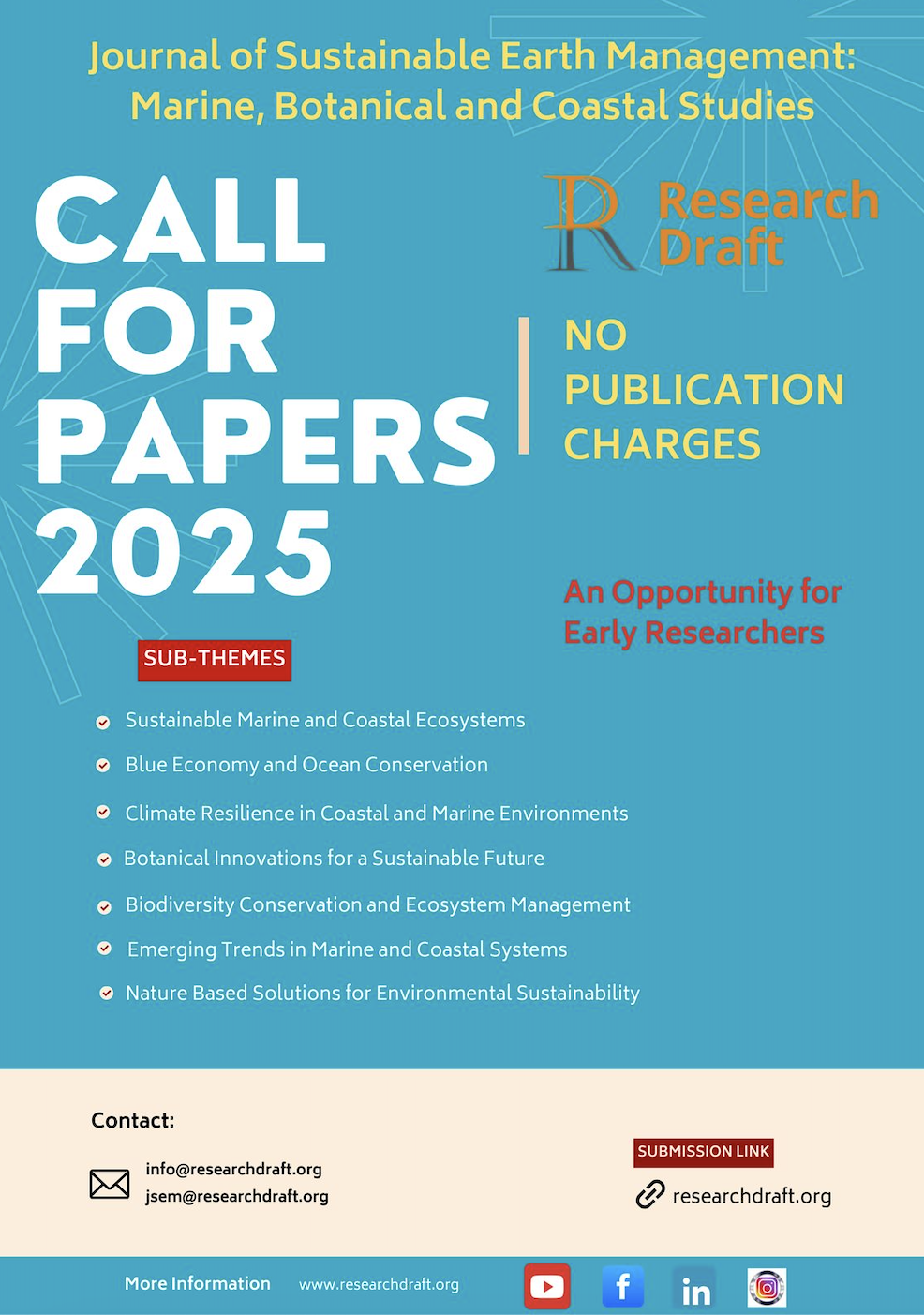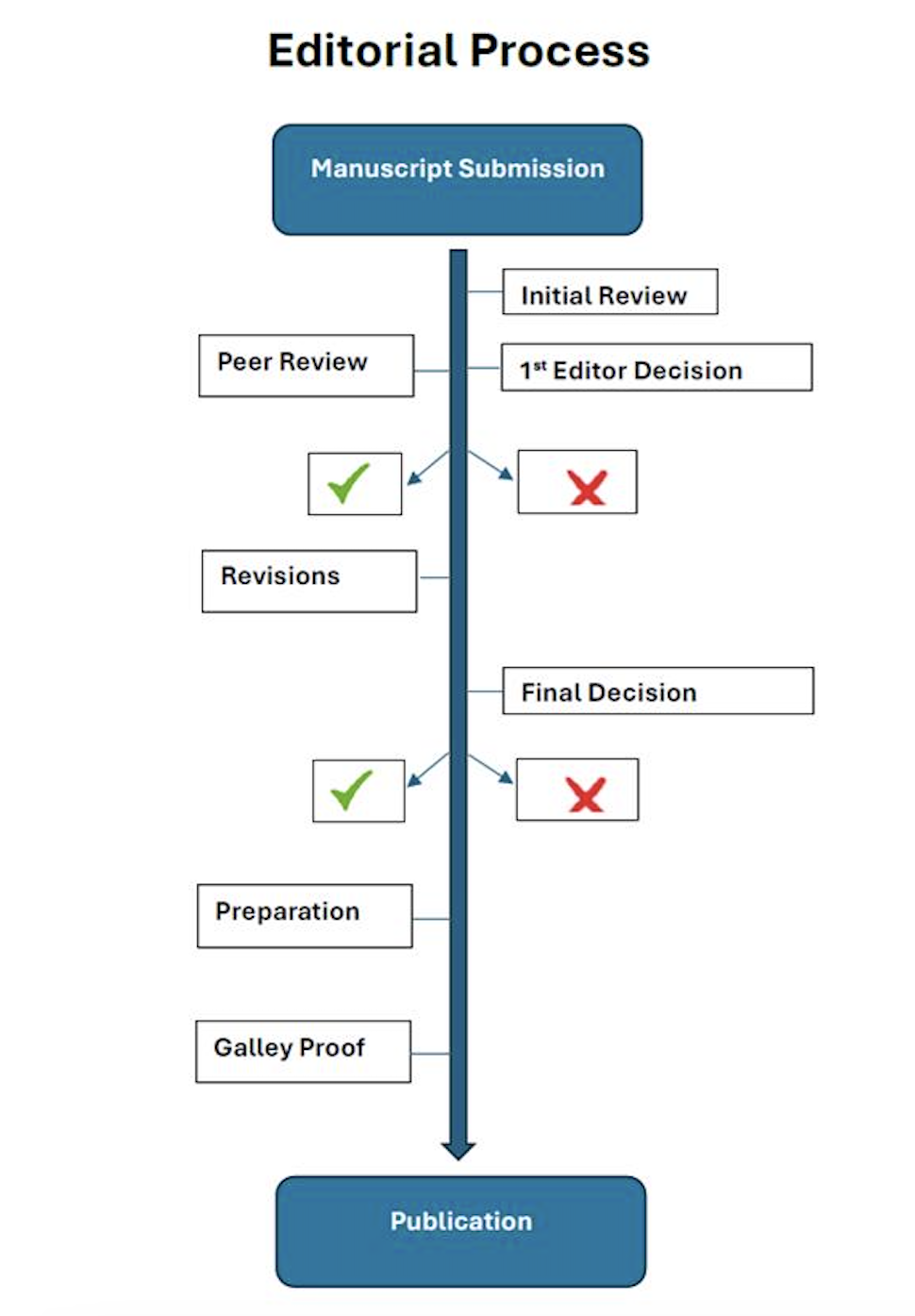The Benzene, Toluene and Xylene Tolerant Marine Bacteria from Seawater of Karachi Coastline
Keywords:
Isomers of xylene , BTX tolerance, Hydrophobic substance , Biosurfactants, Rhamno lipidsAbstract
Marine bacteria are highly diverse and have been found to possess a unique system of enzymes that enable them to thrive effectively in a complex mixture of organic and inorganic pollutants present in the marine environment. The microorganisms harnessed from the marine environment are eco-friendly and economical, hence they could be effectively integrated with physico-chemical methods for pollution control. During the present investigation, several bacteria isolated from marine environment of Karachi coast were found Benzene, Toluene and Xylene (BTX) tolerant Gram-positive marine bacteria included, primarily Bacillus sp., and Gram-negative bacteria of the genus Pseudomonas were identified. The 31% of the bacterial isolates showed tolerance to BTX in NB supplemented with 3 % NaCl, comprised of 59 % Gram-positive and 40 % Gram-negative isolates. In contrast, BTX tolerant isolates in NB without 3 % NaCl were 25%, included 57 % Gram-positive and 43 % Gram-negative bacterial isolates. Among Gram-negative isolates, the isolate CMG556 (Pseudomonas sp. accession # DQ410039), tolerated 10-15 % v/v of three isomers of xylene (m-, p-, o-), produced hydrophobic mass in the presence of xylene, showed enhanced protease activity, and produced biosurfactant rhamnolipid. CMG556 is a suitable microorganism for further exploration in bioremediation and industrial applications.
Downloads
Published
Issue
Section
License
Copyright (c) 2025 Jameela Akhtar, Faiza A Ansari, Erum Shoaib, Bashir Ahmed, Uzma Badar, Khaizan Siddiqui, Aribah Naz (Author)

This work is licensed under a Creative Commons Attribution 4.0 International License.
Submission declaration
Authors retain the copyright to their work and grant the Journal of Sustainable Earth Management (JSEM), the right of first publication under a Creative Commons Attribution 4.0 International (CC BY 4.0) license. This license allows others to share, adapt, and reuse the work for any purpose, including commercial use, as long as appropriate credit is given to the original authors and the journal.
By submitting a manuscript, authors confirm that the work has not been published previously (except as an abstract, lecture, or academic thesis), is not under review elsewhere, and has been approved by all authors and relevant authorities. Once accepted, the article will be openly accessible under the CC BY 4.0 license, ensuring wide dissemination and reuse with proper attribution.






